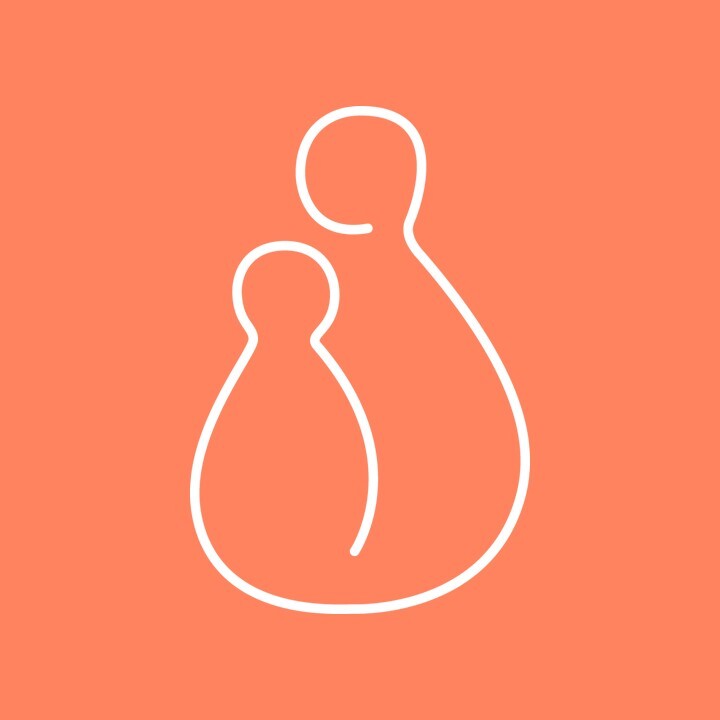Return to Collection


Tip
The Day 3 Hormone Crash
Congratulations on bringing life into this world! Can you believe that your body did this?! It’s pretty wild, and has always been something I look back on when I doubt myself in other life areas. Dude, you created and birthed life.
I think by now we probably realize that our hormones play a huge role in the creation process. But they continue to be a major player during your labor, birth, and postpartum period as well. By the way–don’t let anyone tell you that postpartum is only the first six weeks after birth. Postpartum is actually, well, forever! But for the purpose of this post, we are going to focus on those first few days after the big event.
Understanding that a postnatal crash happens won’t necessarily make it feel better but knowing what to expect helps us put some things in place that can support us during that time. Understanding what I need to do to be prepared is kind of everything to me when it comes to pregnancy and postpartum. It’s like driving through a really bad snow storm, but you knew it was coming–so you have the snow tires on and you only drove a few minutes down the road. Versus not knowing, driving a convertible, and going on a 3 hour drive. You know?
You will (likely) feel a whirlwind of emotions a few days after birth, and I’m here to explain why that happens and let you know that it is a very normal biological process.
Alright so typically, your hormones are released by the ovaries during non-pregnancy times. Let’s focus on estrogen and progesterone for the time being. There is a whole feedback system throughout the body to determine how much you have and what is needed.
When you are pregnant, your placenta grows and starts to filter toxins as well as bring oxygen and nutrients to the baby. It also starts to secrete hormones, which is a fascinating shift! Hormones go up to high levels.
Next up: you have your birth. Baby leaves and so does the placenta. So what needs to happen is that your body has a dip in hormones to give the brain the message that it needs to get your body back to doing that hormone job it did pre-pregnancy. This dip and brain wake up typically happens around DAYS 3-5.
Everyone will experience this, but everyone will experience it differently. You might experience it but not feel the effects of it. Totally normal. Or, that bottoming out of hormones can affect your mood - you might be weepy, anxious, feeling out of sorts or out of control, mood swings. Plus - your milk is coming in, you might be uncomfortable, baby is fussy. Everything is kind of a disaster.
Your body should regulate within 24-48 hours, but this is a great time to plan for extra support! While it’s a great idea to work on birth plans, we should also be thinking of post-birth plans. That means having a support network in place especially around days 3-5. That could be friends, family, or a postpartum doula. Think about errands, food prep, babysitting other siblings, or even just someone to talk to and process with. And, if you experience something different or this lasts longer, or does not seem manageable, do not discount postpartum mood disorders! Tell those around you and your care team if you need help determining what is going on.
2 years ago

Thank you so much for this reminder to plan for extra support. It is so important for mamas to consider taking care of themselves during this time.
2 years ago
"Everything is kind of a disaster" Amen! My placenta capsules helped me a lot! Jess has a great post about placenta encapsulation, https://cluster.byheart.com/moments/posts/1iaddjttUYEGe862p7wu
2 years ago

